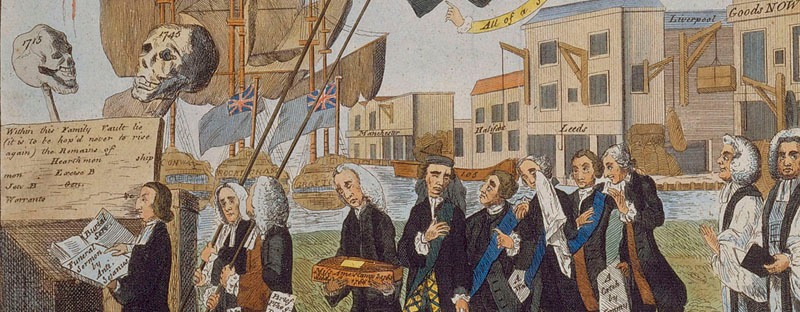I’m teaching a Centre Term class on Counterfactual and Alternate history. We spend our time asking “What if?” and reading short stories and articles that also ask this question. By the end of the term, my students will write their own alt hist short story and a historian’s counterfactual argument.
Asking “what if?” is a lot of fun; it requires us to know enough about the past to formulate a plausible answer and it also makes us think critically about how and why people make choices. Asking “what if” is also something that educated people have done for a long time. In 1930, Winston Churchill wrote a counterfactual argument about the Civil War–he asked what if Lee had won the battle of Gettysburg. Nathaniel Hawthorne, Arthur Conan Doyle, and other well known authors have also dabbled in the genre.
Churchill’s counterfactual, however, wasn’t just about the past. It was (mostly) about his contemporary world. Churchill was concerned about the fate of Britain’s empire and explores the consequences of “others”, in this case former slaves, getting political power. For my students, this has been a stark realization; what we think about our past is informed by our present.
Alt hists–fictional accounts of a fictional past–also are products of the author’s world. Alt hist authors often use the genre to make social commentaries on the present. For example, the Philip Dick novel turned Amazon TV show The Man in the High Castle challenges its readers to consider how they think about race, the concept of liberty, and the power of the media.
Today, we are going to talk about the American Revolution. What if it hadn’t happened? What if the British won? What if the violence of that war pushed Americans toward a different kind of government? This piece from the New Yorker considers this questions and reviews some excellent new work on the Revolution.
What if?

This sounds like a very interesting class.
LikeLike